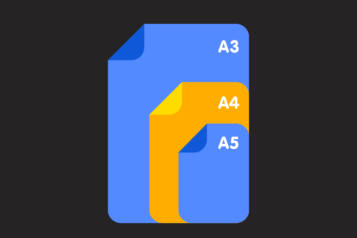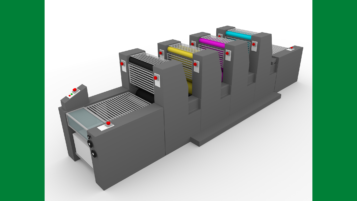Technical Writing
Some Useful Adobe FrameMaker Spacing Shortcuts
Em Space — Esc + SpaceBar + m En Space — Esc + SpaceBar + n Numeric Space — Esc + SpaceBar + 1 (this equals the width of number Zero in that font) Thin Space — Esc + SpaceBar + t (this equals 1/12th of the width of Em Space in that font) Nonbreaking…
Read MoreFacts About Medical Transcriptionists
Introduction A medical transcriptionist writes Medical Transcriptions (MT) which is a technical communication niche in high demand, in all countries with a well-established medical and judicial system. Market Needs a Medical Transcriptionist Whether the population is getting old as in Western countries or young, as in the rest of the world, the doctors need to…
Read MoreTips for Converting FrameMaker Files into RoboHelp Files
FrameMaker and RoboHelp work together pretty well. The integration between these two applications (that come with Technical Communication Suite) is smooth and relatively problem-free, if not perfect. Advantage of RoboHelp over Web Works One obvious advantage of RH over FM’s old-mate Web Works is this: WW is basically a conversion platform custom designed for FrameMaker.…
Read MoreAre You "Military"? Then you should give Technical Writing a try…
I was listening to my car radio this morning and I heard an Iraq War veteran volunteering because he could not find a job. Volunteering is a great community service. I think everyone should try it at least once in their lives. I, for example, used to be a “Meals on Wheels” volunteer and learned…
Read MoreTechnical Writing – Anticipate Resistance. Eliminate it in Advance.
© 2010 Ugur Akinci Technical writing shares one very important structural feature with copy writing: anticipation of resistance. To write a good technical manual, you have to anticipate why the reader might doubt the veracity of your instructions; why they might resist it. Then, like a skilled bomb-removal expert, you have to defuse and remove…
Read MoreHow to Incorporate Performance Goals into Your Technical Documents
© 2010 Ugur Akinci Usually the first chapter of a technical document is titled “Introduction” where the technical communicator provides a bird’s eye view of the rest of the document. In that chapter, the “performance goal” of the document is spelled out clearly, as well as the “audience” it is intended for. You can make…
Read MoreHow to Write a Fender-Bender Traffic Accident Report Form
© Ugur Akinci Here is a form-design project for a definitely not-so-fun occasion — traffic accidents. When an accident happens, the parties are angry, scared, flustered. Adrenaline is running freely. The mind shuts down. It’s hard to remember what information to collect for investigation and insurance purposes. If you have a “Fender-Bender Form” in your…
Read MoreHow to Select U.S. and European (Metric) Standard Paper Sizes
Standard Paper Sizes If you end up printing your technical documents please be aware that there are no “standard” paper sizes across the globe. For example, the ISO 216 standard defines the paper sizes for U.S. and European (metric) standards. These are also called A series paper sizes. It is important to know that the…
Read MoreHow to Write a Printer Spec Sheet
Introduction Most technical publications these days end up posted online or shared in PDF format through email or a product CD. However, there are still documents sent to the printer for good old-fashioned hard-copy printing. Or someone in your organization can decide to print a document that has been distributed only online in the past.…
Read MoreTechnical Writing – Collective Nouns, Singular Verbs, Singular Pronouns
© 2010 Ugur Akinci There are those nouns that depict collectivities, groups. For example: a team. A horde. A couple. A series. A collection… Minority. The Olympics. United Nations. We call such words collective nouns (or collective noun phrases). Although all collective words denote a collection of individuals, they should be treated as SINGULAR words…
Read More

